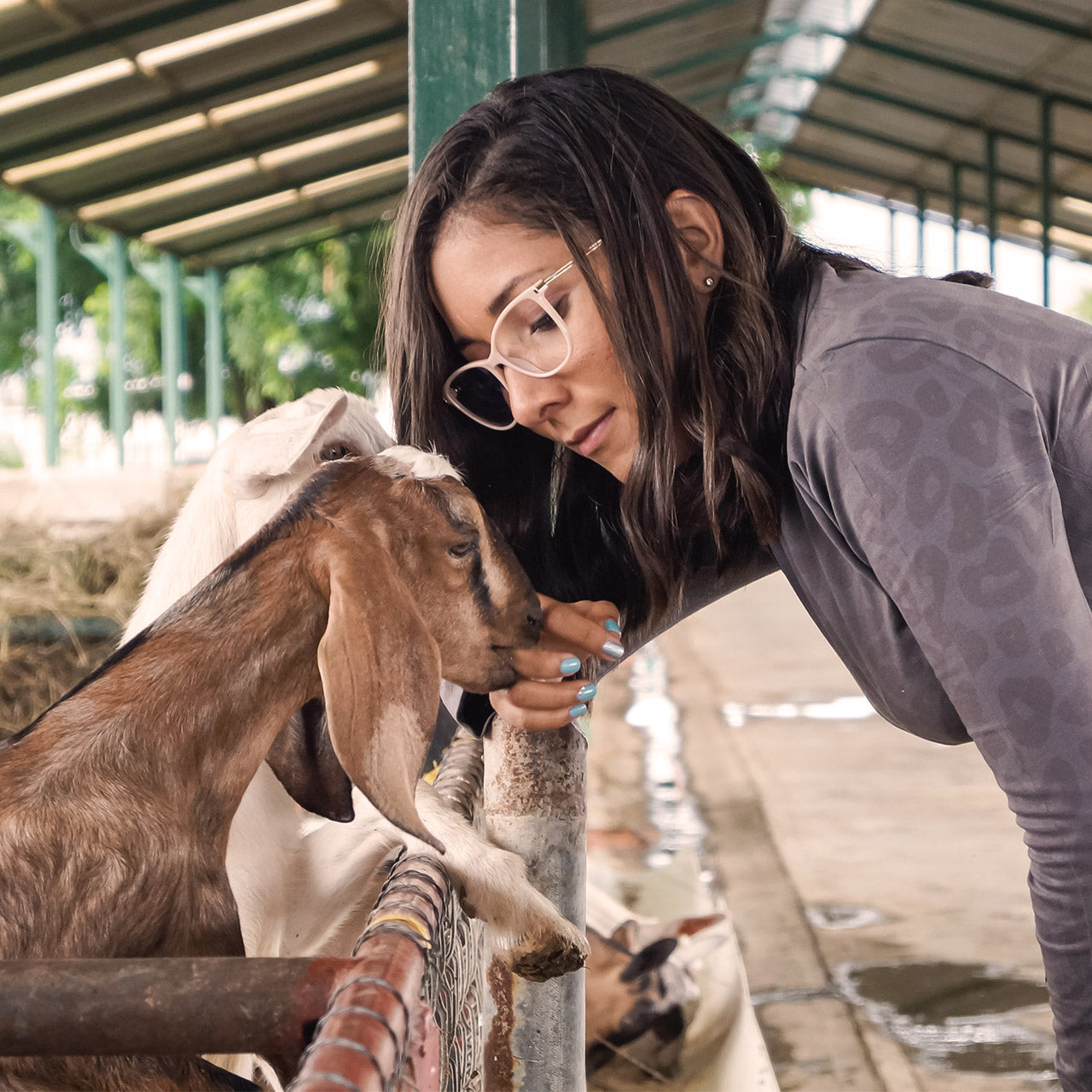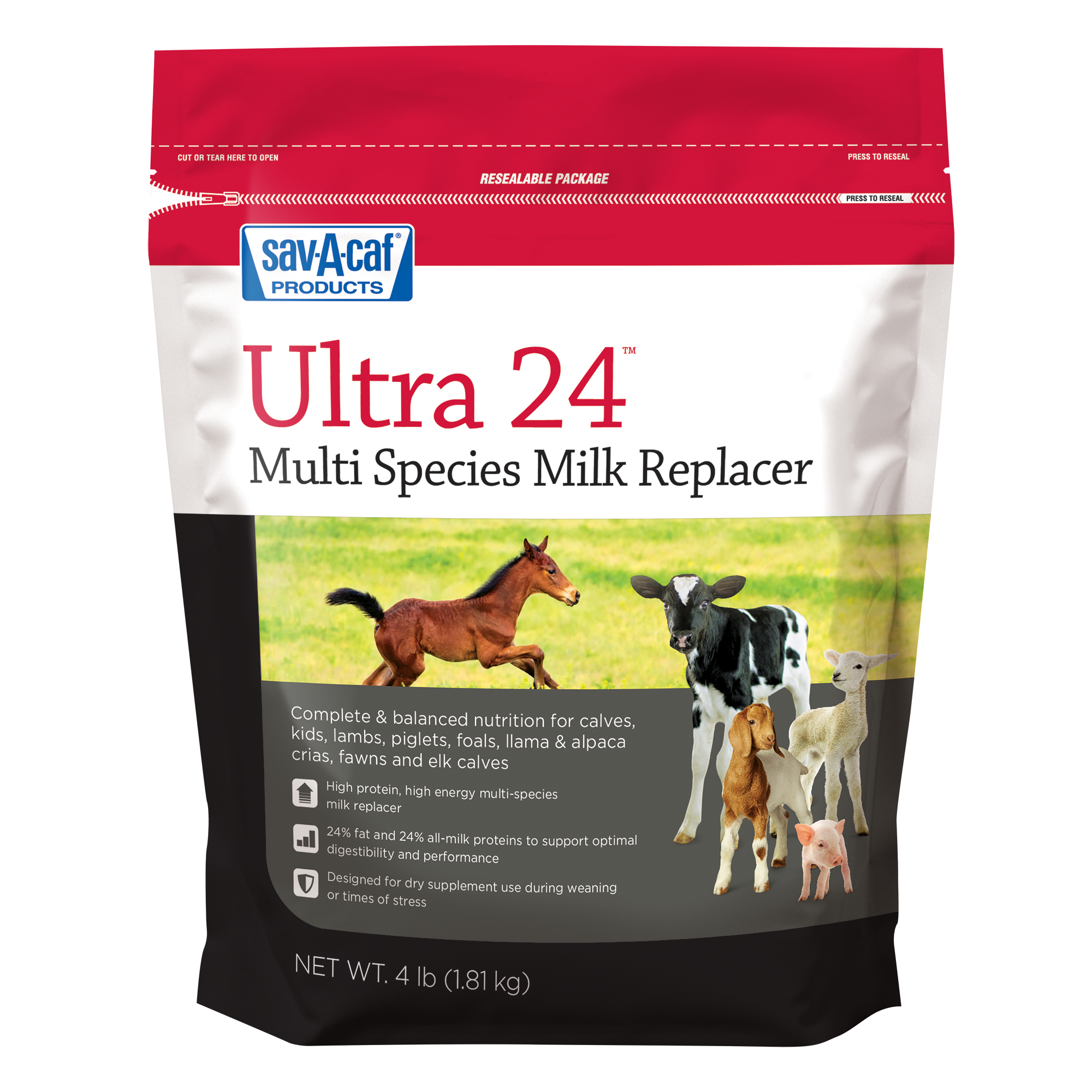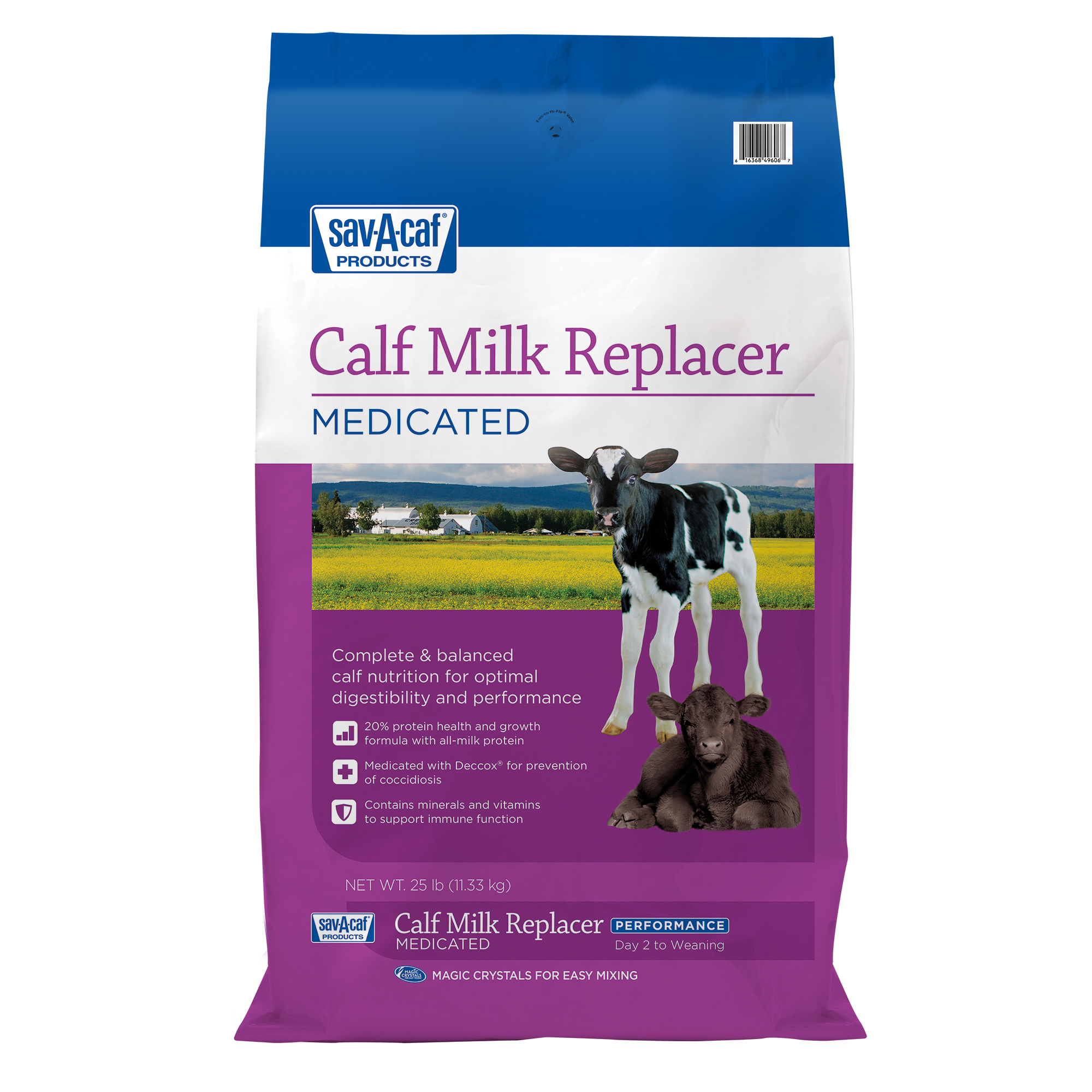
How to prepare your farm for goat kidding season
Do you know what to expect when your goat is expecting? Kidding can be an intimidating adventure. Rest assured, nature and your doe will do most of the work. But preparing ahead of time can help ease your worries and make the goat kidding season go smoothly.
Prepare a birthing place
The first step in preparing for your newborn goat kids is to have a space ready for them.
Baby goats need 16 square feet of clean, dry space. The space should be well ventilated and bedded with clean, dry bedding. As you plan the space, remember each goat requires 20-25 square feet when they grow into adults.
After planning and preparing space for your new goat kids, you should begin gathering supplies for their arrival. Having a birthing kit ready will help you prepare for a stress-free delivery.
Create a goat kidding birthing kit
Make sure you’re ready whenever the time comes by preparing a birthing kit ahead of time. Some essentials to include are:
- Towels: To cover the bedding during birth, dry off the newborn goats and clean up birthing fluids. Puppy training pads also work well as a birthing surface.
- Clean, sharp scissors and dental floss: For tying off and cutting the umbilical cord if it doesn’t separate on its own. Most often, the umbilical cord separates on its own so don’t rush the process.
- 7% iodine tincture and an empty bottle: For dipping the kid’s umbilical cord. A pill bottle is an example of a good size and shape for holding the iodine during dipping.
- Betadine surgical scrub: To sanitize supplies or your hands, should your doe need birthing assistance.
- Sterile lubrication: In case you need to enter the doe’s vaginal opening to assist with the birth.
- Garbage bags: For collecting afterbirth and soiled towels.
- Flashlight: To see all angles of your laboring doe and newborn kids.
- Bottle and nipple: In case the kid is not able to nurse immediately after birth.
- Kid colostrum replacer: For the first, most critical feedings if the kids are unable to nurse immediately.
- Kid milk replacer: For continued nutrition if the kid is not able to nurse effectively.
- Kid electrolytes: To address the loss of bodily fluids due to diarrhea in newborn kids. Electrolytes can also benefit the doe after labor.
After you prepare the space and birthing supplies, it is time to prepare yourself. Knowing the right questions to ask before kidding begins can help you feel confident as you prepare for the miracle of new life.
Know your role in the birthing process
Most does will need little assistance with delivery. The first stage in labor can start as early as 24 hours before birth. During this time it’s important to check on your doe often. However, don’t disturb her.
Second stage labor, with labor pains and pushing, comes next. At this stage, you may see the water bag, which may or may not break. During a normal delivery, this stage will last about an hour.
Your first glimpse of the kid will probably be the nose and front toes, which indicates a normal birth position. Seeing only the nose or only the hooves may indicate you will need to offer the doe some assistance. Depending on your level of kidding experience, you might consider calling your veterinarian or a fellow experienced goat owner for additional assistance.
Be ready to feed your newborn goat
Newborn goats should begin to nurse naturally within a few hours of birth. The first milk, called colostrum, is important for the kids’ immune system. If possible, baby goats should receive their first colostrum feeding within the first six hours of life.
If your newborn goat won’t nurse, feed a kid colostrum replacer. Look for a replacer made from bovine colostrum that provides 65 grams per pound of globulin protein. The amount of colostrum your kids should receive depends on their birth weight.
After 24-48 hours, it is time to switch to milk replacer for goat kids who are not nursing naturally or adequately. Not sure what to look for in a goat milk replacer? Read these tips.



